Search Results
67 records found
![Godzilla [video]](/uploads/articles/godzilla-2014.jpeg)
Godzilla [video] (2014)
The latest Hollywood take on the most successful movie monster of all time is a huge hit with audiences and critics…but I’m not feeling the love.

Godzilla: King of the Monsters (2019)
It’s the classic movie monster’s dilemma: You either die a villain or live long enough to see yourself become the hero.
The Gold Rush (1925)
New from the Criterion Collection, Charlie Chaplin’s comedy classic The Gold Rush is now available on Blu-ray and DVD in a single edition that includes both the original 1925 silent film and Chaplin’s 1942 reworking of the film in a quasi-sound edition, with humorous, documentary-like narration replacing the intertitles.
The Golden Compass (2007)
Overarching all of this is the depraved caricature that the books call “the Church” or “the Magisterium,” but is referred to in the film solely by the latter, less familiar term, which many viewers won’t recognize as a real-world reference to the teaching authority of the Catholic Church. Obsessed with preserving “centuries of teaching” from the dangers of “heresy” and “freethinkers,” by deadly means if necessary, Pullman’s Magisterium is not just oppressive but essentially equivalent to the forces of darkness, akin to Tolkien’s Mordor or the Empire in Star Wars.
Good Boy! (2003)
Take Two: The genial, blandly amusing tale celebrates the bond between man and dog, and occasional mildly crude humor is limited to flatulence jokes and the like. Kids won’t notice, but attentive parents will be irked that the filmmakers saw fit to insert fleeting depictions of an apparent homosexual couple in the supporting cast.
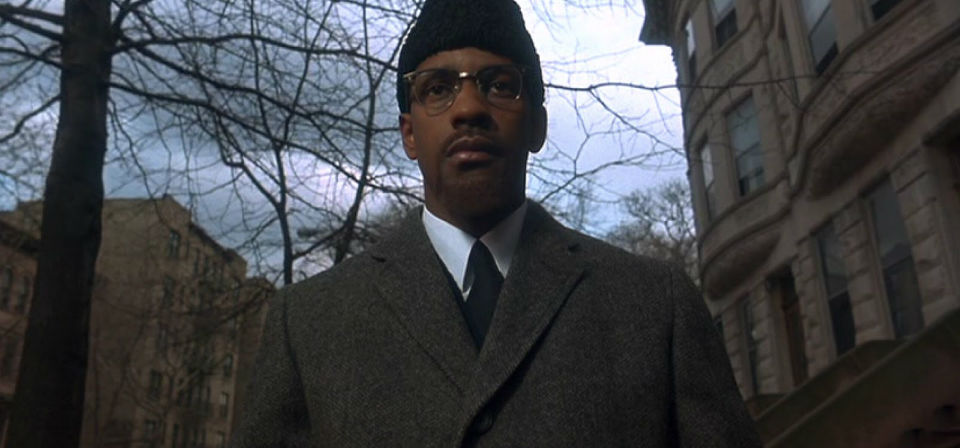
Good Denzel, bad Denzel: Malcolm X
Lee has called Malcolm X the movie he was born to make; in some respects it may be the role Washington was born to play.
![The Good Dinosaur [video]](/uploads/articles/good-dino.jpg)
The Good Dinosaur [video] (2015)
According to Paul Valéry, art is “never finished, only abandoned.” Maybe so, but this is the first Pixar movie that really glaringly illustrates the point.
Good Morning (1959)
Formality and courtesy attend adult interactions, but beneath the surface lurk petty misunderstandings, resentments, suspicions. A boy complains that adult conversation is bloated with meaningless, empty pleasantries, while his friends prefer to engage each other with an amusement that appears to be an Asian equivalent of “Pull my finger.”
Goodbye, Mr. Chips (2002)
Not a remake of the 1939 classic but a new adaptation of James Hilton’s sentimental novella, Masterpiece Theater’s engrossing Goodbye Mr. Chips couldn’t be more different from the 1939 film — and that’s all to the good.
Goodbye, Mr. Chips (1939)
Goodbye, Mr. Chips is the original inspirational-teacher story, and a beloved valentine to classical education, tradition, and the English public boarding schools of a bygone era.
Gosford Park (2001)
It’s this dynamic that Altman is really interested in, not “whodunit.” Or, if Altman does care whodunit, it’s only insofar as the answer illuminates the film’s real themes of snobbery and resentment, exploitation and interdependence, privilege and privation.
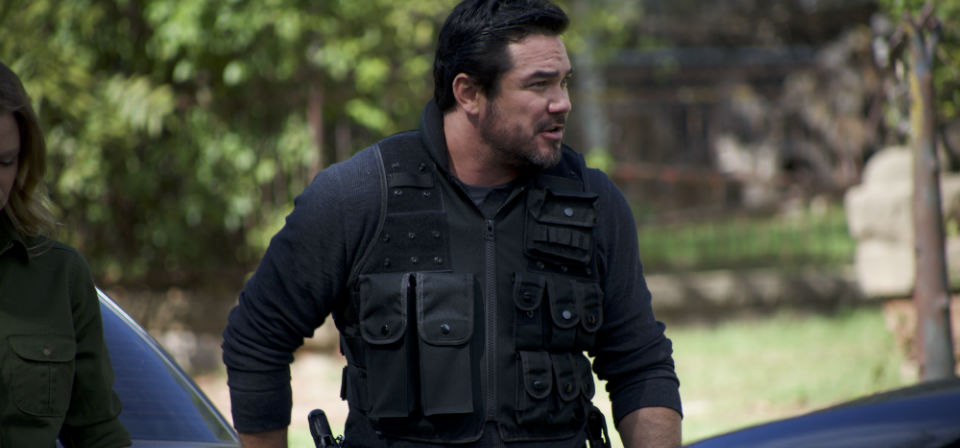
Gosnell: The Trial of America’s Biggest Serial Killer (2018)
Gosnell is subtitled The Trial of America’s Biggest Serial Killer (echoing the similar subtitle of the book by producers Phelim McAleer and Ann McElhinney) — but notorious abortion doctor Kermit Gosnell isn’t the only one on trial here.
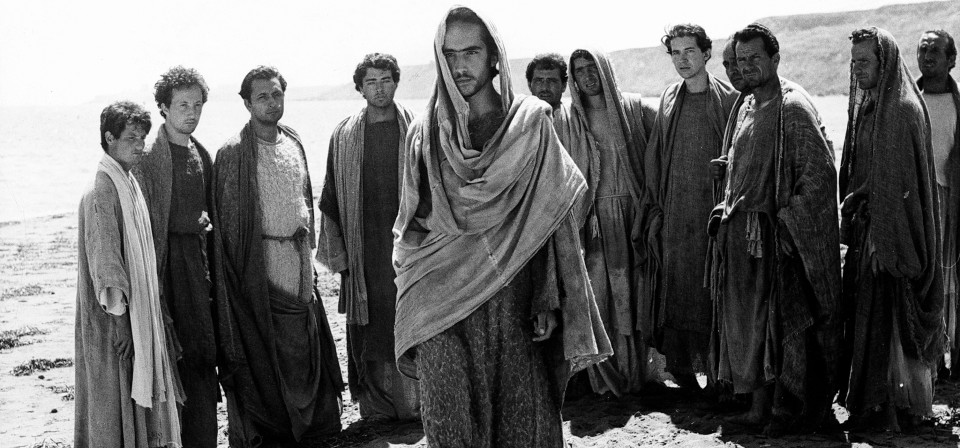
The Gospel According to St. Matthew (1964)
In the end, perhaps the most enduring achievement of The Gospel According to Matthew is an ironic one, given Pasolini’s Marxism: No other life-of-Christ film is so contemplative, inviting the viewer simply to meditate on the life and teaching of Jesus.
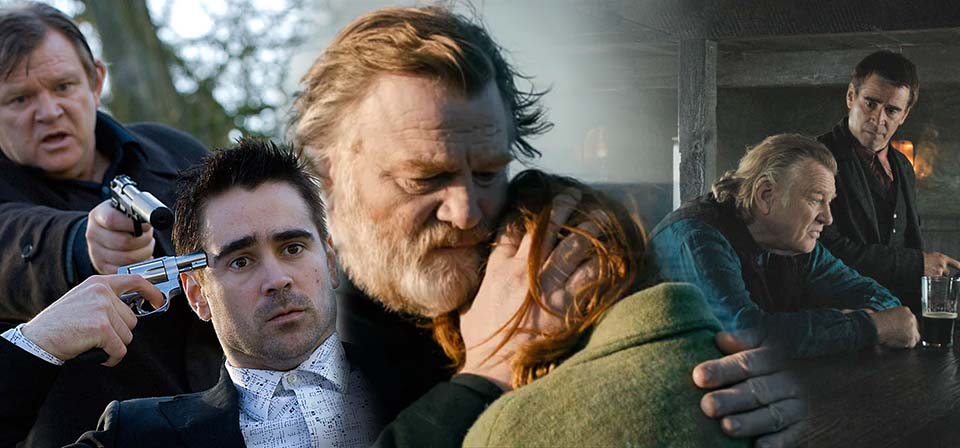
The Gospel According to the McDonaghs: The Banshees of Inisherin, Calvary, and In Bruges
It’s tempting to view Calvary alongside Banshees and Bruges as a sort of unintentional McDonagh brothers trilogy: a “lapsed Catholic” trilogy, or, a bit more accurately, a “bad Catholics” trilogy, since most or all of the characters in Banshees and many of the characters in Calvary are at least minimally practicing.
The Gospel of John (2003)
It is, so to speak, not "based on" St. John’s Gospel at all, so much as it is St. John’s Gospel — visualized and enacted to be sure, and to that extent interpreted and glossed, but not "adapted" in the usual sense.
Grand Hotel (1932)
Grand Hotel was the first film in history to fully realize the power of the Hollywood star system — the first all-star ensemble Hollywood film.
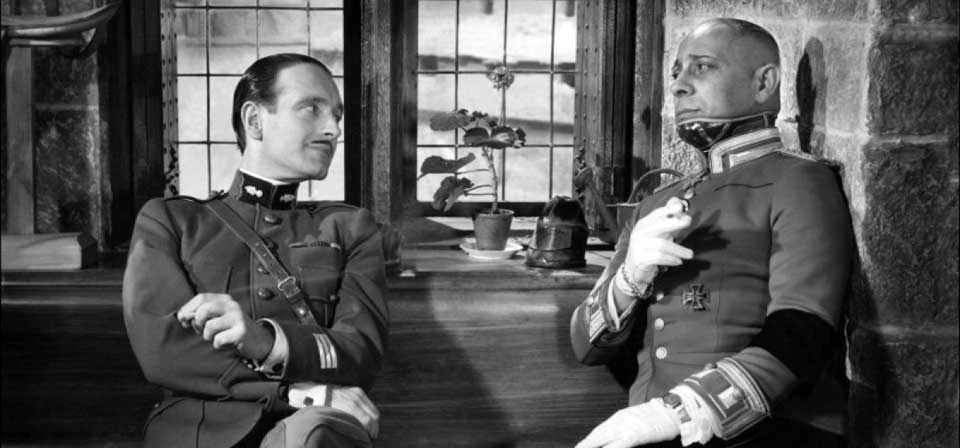
Grand Illusion (1937)
Asked what he was trying to do in Rules, Renoir is reported to have said, “I don’t care.” With Grand Illusion, it may not be much easier to say what he’s trying to accomplish, but there is no doubt that he cares.
Grandma’s Boy (1922)
More charming than uproarious, Grandma’s Boy isn’t in the same league as films like >The Kid Brother, Speedy, and Safety Last! However, it’s well structured for its day, and set the pattern for Lloyd’s best comedy features by helping to define the definitive dramatic story-arc for Lloyd’s already-famous “Glasses Character” persona.
Grave of the Fireflies (1988)
A haunting, harrowing war movie, an emotionally devastating character study, and an extraordinarily restrained example of animé or Japanese animation, Grave of the Fireflies is a unique and unforgettable masterpiece.
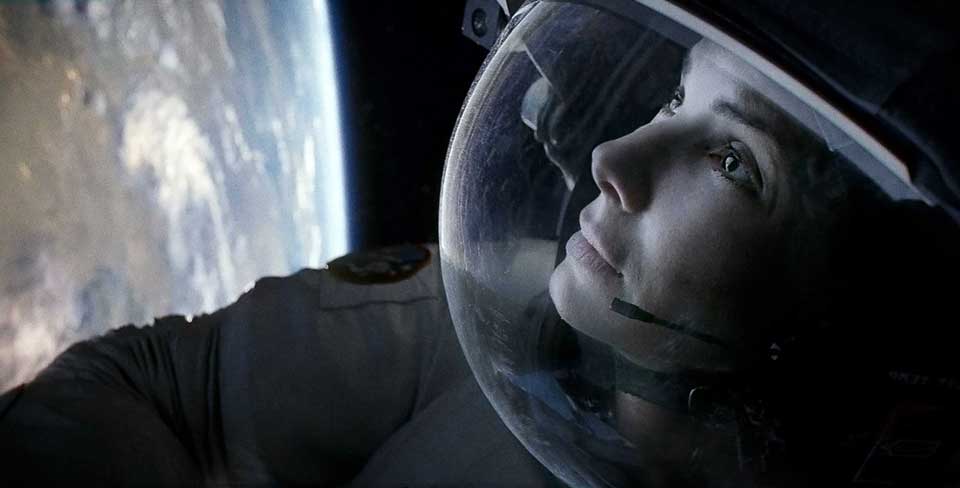
Gravity (2013)
Gorgeous, nerve-racking, literally awesome, Gravity takes us to a world much nearer in both time and space than Duncan Jones’ Moon; nearer even than the layer of satellites that our mobile phones and GPS devices talk to every day: only about 350 miles away, in the low Earth orbit of the Hubble Space Telescope. Roughly the distance from Los Angeles to San Francisco — but oh, that’s far enough.
Recent
- Benoit Blanc goes to church: Mysteries and faith in Wake Up Dead Man
- Are there too many Jesus movies?
- Antidote to the digital revolution: Carlo Acutis: Roadmap to Reality
- “Not I, But God”: Interview with Carlo Acutis: Roadmap to Reality director Tim Moriarty
- Gunn’s Superman is silly and sincere, and that’s good. It could be smarter.
Home Video
Copyright © 2000– Steven D. Greydanus. All rights reserved.